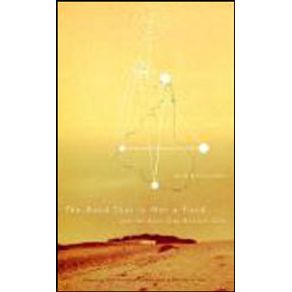The fascinating premise of this book is the belief in the possibility of founding a city in poetic acts, removing architecture from abstract geometry and centering it on the poetic word. I am very positive about this book and certainly recommend it. The questions it raises are extremely important for the practice of architecture, and particularly for the teaching of the discipline. Several thousand miles south of the equator along the Pacific coast of South America, is the site of the Open City Amereida. It is a laboratory for thought and work, conceived and built by the faculty of architecture of the Catholic University of Valparaiso. Here architects, poets, artists, and engineers have been engaged in one of architectural education's most radical experiments for several decades. The school has long been a destination for those seeking an alternative to conventional academic practice and teaching. Now, its significance is being felt beyond the borders of Chile and South America. Ann Pendleton-Jullian tells the story of the Open City in Ritoque, Chile, a designed city still in formation that has no master plan, no imposed ordering devices, and no hierarchical networks of infrastructure. The strange buildings placed among dunes and grasslands reflect instead the mind's translation of urban phenomena and natural phenomena relative to the construction of memory, and a process of composition that is not dependent on stylistic precedents, drawing boards, or academic discourse. Teaching takes place on site and employs poetic methods to activate the design process; the endeavor is considered more important than the result. More than 100 photographs are included, capturing the mystical spirit of the place and of its architecture. Pendleton-Jullian discusses influences behind the Open City - the work and working methods of Surrealist French poets, the words and creative attitude of Le Corbusier, the heritage of the South American landscape and culture.


